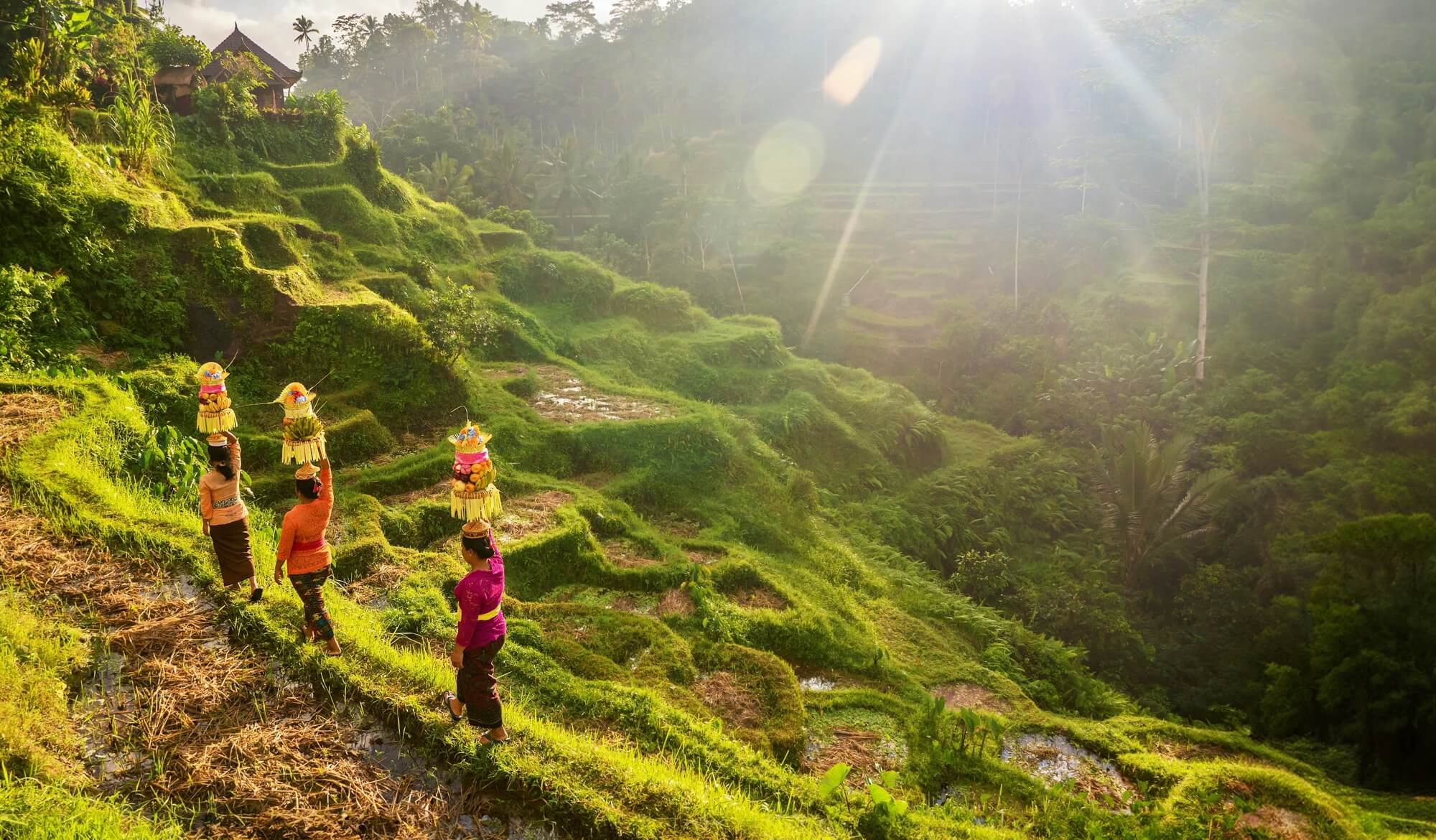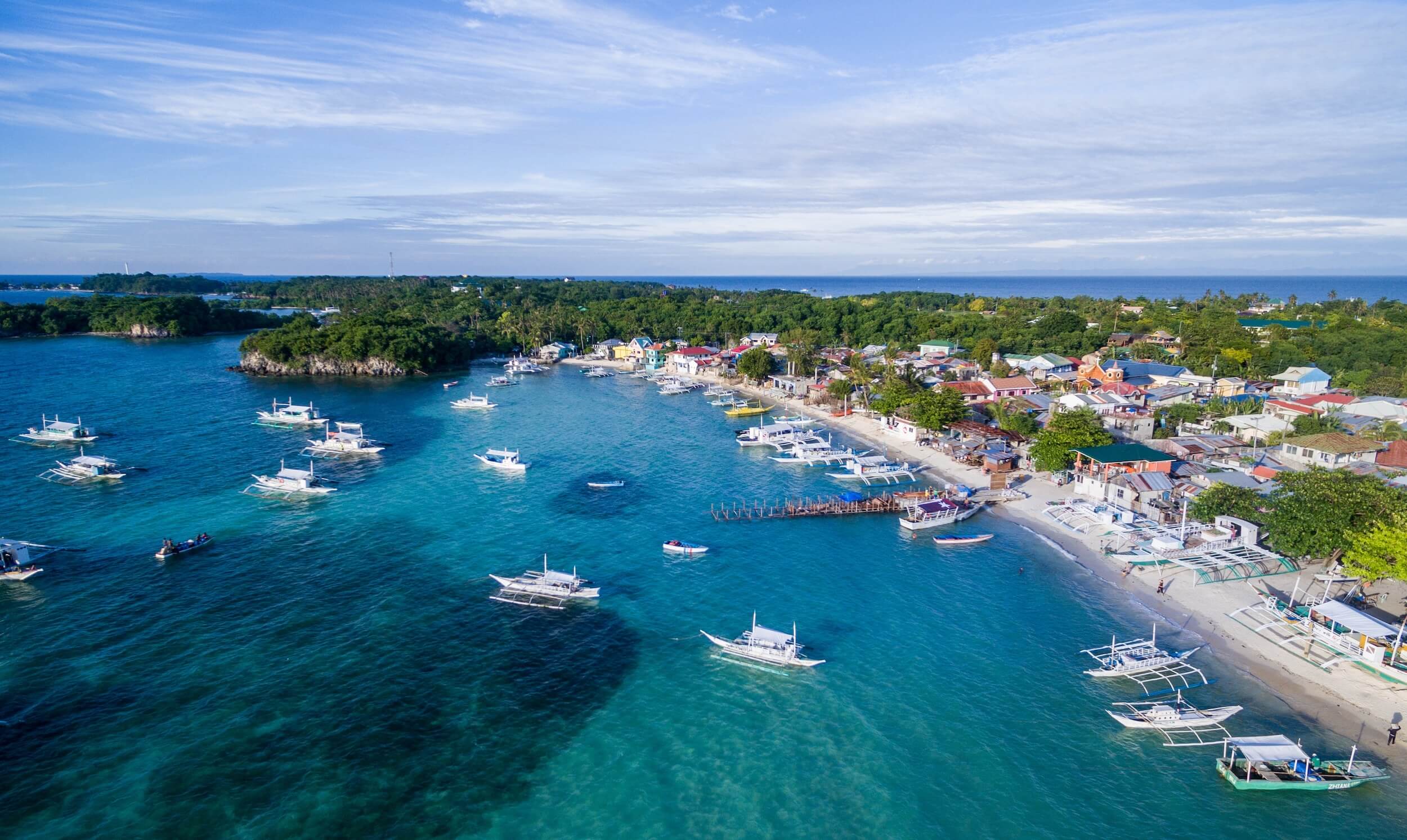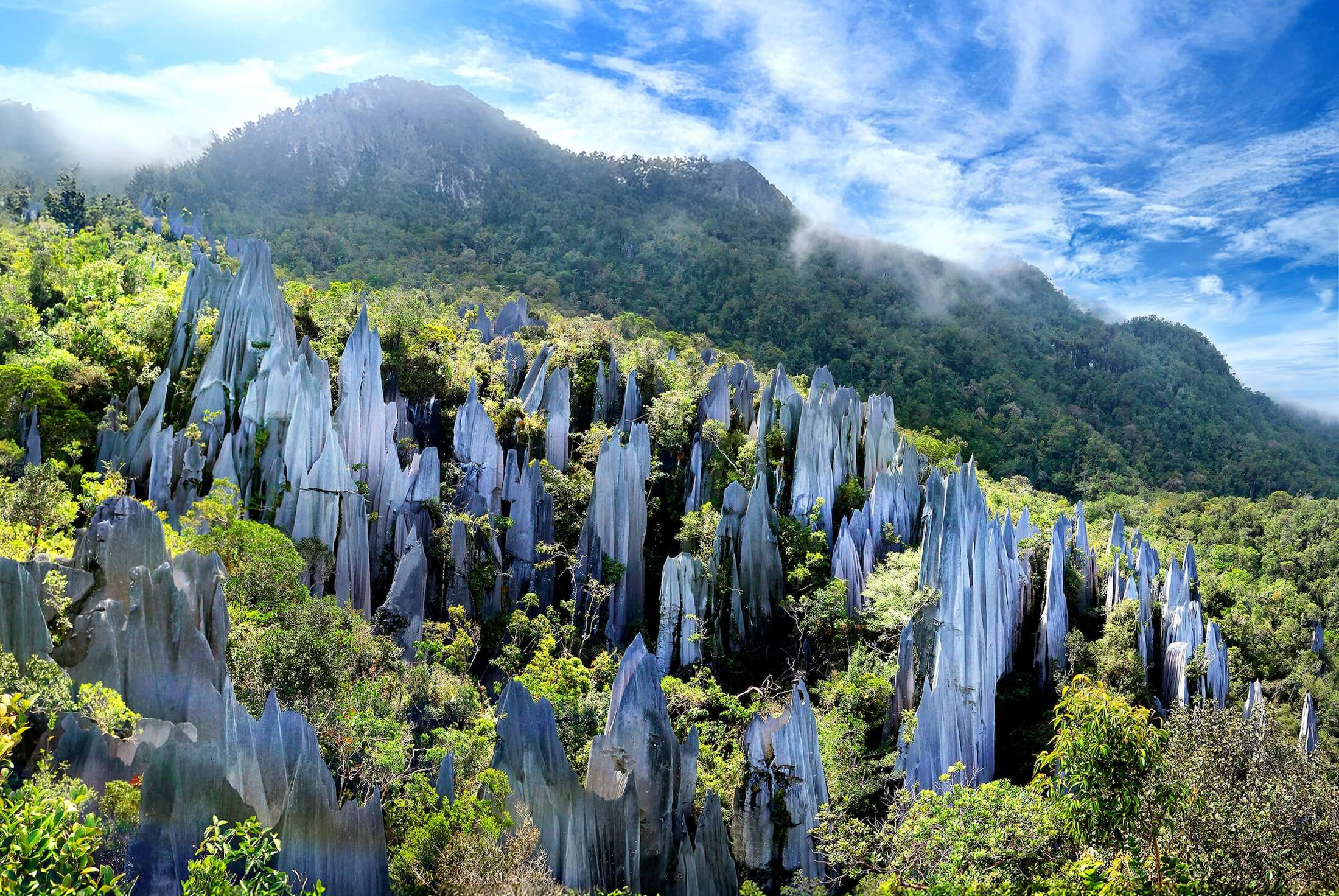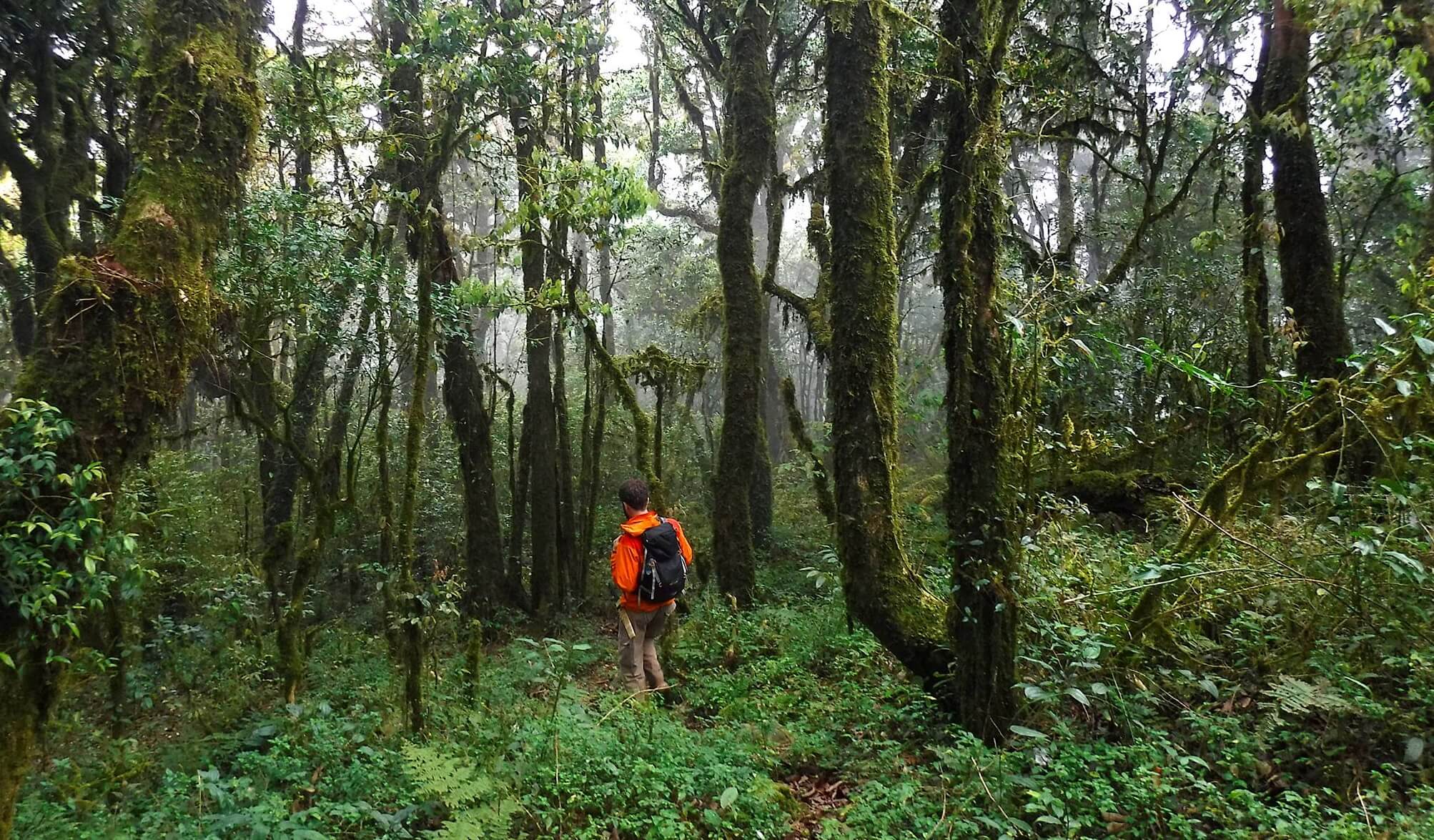




The Southeast Asian countries believe that sustainable social and cultural practices are urgently needed to address the challenges posed by climate change at the global, national, and local levels. The call is to revitalise our traditional practices, recognising their role in building resilience to environmental changes while preserving our rich cultural heritage. The Southeast Asian Cultural Heritage Alliance (SEACHA) encourages a deep understanding of traditional practices that harmonise with nature through the adoption of sustainable methods and inherent respect for the preservation of biodiversity.
Protecting cultural heritage in Southeast Asia
The tangible cultural heritage in Southeast Asia is rich, consisting of historical buildings, remnants of kingdoms like temples and monuments, and archaeological sites. However, these properties are vulnerable to the effects of climate change, such as rising sea levels, coastal erosion, flooding, landslides, wildfires, or extreme weather events. To safeguard these cultural assets, it is important to identify effective solutions and foster an understanding of the practices required to preserve them.
In Southeast Asia, some communities have lived in harmony with their natural environment and have often relied on traditional wisdom to prepare for natural disasters and mitigate climate change impacts. Understanding human interactions with nature and the spiritual world and emphasising the need for harmony between humans and nature is important in preserving tangible cultural heritage in the face of climate change. Efforts are needed to find solutions to climate change impacts, which are only expected to worsen with rapid modernisation and urban development. Embracing spiritual traditions is one way to attain prosperity while combating the effects of climate change.
Traditional wisdom adds significant value to the tangible cultural heritage. While it is rooted in the past, tradition is dynamic and can be enriched or changed as they are passed down to the next generation. We risk losing our rich and unique tangible cultural heritage if not carefully preserved. Traditions are more than obligations; they represent wisdom, reflect the community’s customs, and are tied to the community’s beliefs in Southeast Asian countries. Understanding the history behind each tradition strengthens people’s (even migrants’) attachment to the community.
Meanwhile, the richness of the intangible cultural heritage is reflected in our oral traditions, languages, knowledge, skills, and practices. Some people believe that intangible cultural heritage also forms part of nature as special gift from God to support people’s lives. Unfortunately, these intangible elements are threatened by the displacement, migration, or loss of identity of the communities that bear them.
We urgently need to observe sustainable social and cultural practices to counter threats to our heritage. There is a growing drive to revive traditional practices to bolster identity resilience, preserve our rich cultural heritage, and find sustainable solutions. Traditional practices are often rooted in local wisdom and sustainable practices that respect and protect cultural heritage.
The Bali model
Given the growing influence of Asian countries globally, we have an opportunity to set an example of how best to safeguard cultural heritage and develop innovative solutions that consider cultural practices and preserve our connection with nature. In developing climate actions, we must keep an open mind and understand other cultures worldwide, specifically the different practices related to nature conservation.
Let us take Balinese Hinduism as an example. Under Balinese Hindu philosophy, people are God’s creation (Brahman), with the Atman in humans being the spark of God’s holy light, giving life to humans. This belief leads to a sense of gratitude and devotion, with individuals considering themselves indebted to God. Thus, they worship, follow religious teachings, and participate in gatherings at holy places. This relationship is essential for a serene life and is manifested in individuals’ sense of togetherness with the rest of God’s creations. There is a strong emphasis on mutual support, guided by concepts like mutual honing, mutual compassion, nurturing, respect, and love. This harmonious relationship creates security and inner and outer peace in society on a higher level.
The Balinese people believe in a give-and-take relationship with nature. Since nature provides for them, they feel responsible for preserving nature in return. This is the basis for their sustainable environmental practices. Daily actions are influenced by this give-and-take principle, such as watering plants, managing garbage, or even the “Subak” system of rice production, which motivates the community to protect the forests and conserve water. With people’s basic needs and livelihood dependent on the environment, they are committed to caring for it and keeping it from being damaged. They avoid polluting it, refrain from cutting down forests arbitrarily, and avoid overhunting animals, understanding that such activities can disturb the delicate balance of nature. Properly maintaining the environment is seen as a way to create beauty and bring a sense of calm and serenity to human life.
In essence, the Balinese philosophy emphasises the importance of a positive relationship between culture and nature to maintain balance and harmony.
The role of local communities
In this context, we believe in the crucial roles of local and indigenous communities in making decisions and implementing climate change adaptation and mitigation measures. These communities offer valuable local wisdom that we can collectively learn from in terms of preserving our natural environment. Our focus should not be on what belongs to whom, who is the most entitled, or who should benefit, but on unity and shared responsibility.
Climate change or the long-term shift in temperature and weather patterns, affects people in diverse ways. Some of us are already more vulnerable, facing challenges related to health, food, housing, safety, and work (United Nations, 2020). Our conditions have worsened, and entire communities must now make an effort to tackle the impacts of climate change. As we take steps to do so, there is an opportunity to revisit our own cultural heritage and traditional practices so they can be harnessed in designing climate action policies.
The movement to reinvent local traditions and facilitate the participation and empowerment of local and indigenous communities in Southeast Asia is led by the Southeast Asian Culture Heritage Alliance or SEACHA. The network includes conservation organisations and individuals from various countries: Thailand, Indonesia, Malaysia, Singapore, Viet Nam, the Lao PDR, the Philippines, and Myanmar. SEACHA carries out activities to promote cultural heritage as an integral part of climate action. For example, it held a conference titled “Cultural Wisdom for Climate Action: The Southeast Asian Contribution” in Bangkok on 12-14 January 2023, which involved youth from 10 Member States of ASEAN. SEACHA invited young people because it believes in cultivating young talents with global insights, compassion for global issues and vulnerable groups like indigenous peoples, and the ability to explore and develop innovations for local and global challenges. To identify solutions and cultivate global citizens, we must inspire the youth to open their minds and understand global cultures and practices from around the world.
Culture and climate action
SEACHA members, along with other countries in Asia, believe that integrating local traditional practices into the current dynamic framework of modern climate action policies is not difficult. Localised climate action requires the commitment and broad participation of community members to comprehend the philosophical background behind these traditions (Smith and Akagawa, 2009). Examining traditional practices in Asia illustrates how harmony is embedded in local wisdom. Conservation is an inherent part of some traditional practices, requiring consideration of social issues.
Local people harbour a strong attachment to their ancestors’ legacy, fueling their passion for nurturing local traditions (Lowenthal, 2009). The threats to nature serve as a valuable lesson, prompting people to maintain their environment, from small and simple actions to bigger initiatives involving broad participation. Still, limitations in capabilities sometimes hinder individuals from fully implementing climate action in their daily lives. Urgent collaboration and coordination among different stakeholders and sectors, such as culture, environment, development, education, science, and tourism, are needed to address the complex and interrelated issues of climate change and cultural heritage. Given these challenges, we need a network among countries to share ideas for mutual learning and strengthening best practices.
The views and opinions expressed in this article are solely those of the author and do not reflect the official policy or position of ASEAN.








